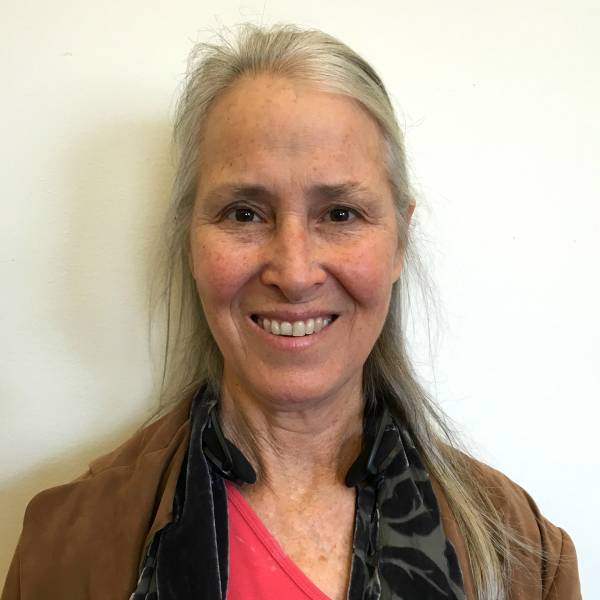People go to People's Park and look for different things. Tourists look for a 1960's museum experience so they can go shopping. University of California officials worry that the sixties are still there hoping they'll be over someday. But others look for the people who make the Park what it is, people who, as much as the weather, predict the likelihood of good music, good stories, arguments and jokes. Maybe a friend they met in a holding cell they can borrow a couple bucks from or pay back. And usually there was Hate Man.
Hate Man, born Mark Hawthorne, was a philosopher who encouraged people to confront negative feelings, which he saw as more honest. He was articulate, educated, and loved conversation. He dressed in creative attire unusual even for Berkeley, which, like his philosophy, gave quiet permission to others to stretch their ideas of personal expression. And when he died recently, our town stopped to pay him and his eccentric ideas gratitude and honor.
The University of California's war on eccentricity still exists in their "People's Park Rules", which criminalize baby strollers unless carrying a baby. That was for Hate Man's colorfully decorated baby stroller he used to carry his possessions, and for the strangely gracious power of a philosopher they repeatedly forced into court.
After the block now known as People's Park was bulldozed in 1967, the university tried to quell the revolutionary culture and its gentle warriors. Hate Man's embrace of "oppositionality", fit right into this revolution.
We are sad to lose him, but will forever see Hate Man on our streets and in our park, and loosen our constricted expectations, of ourselves and others, and even of baby strollers
